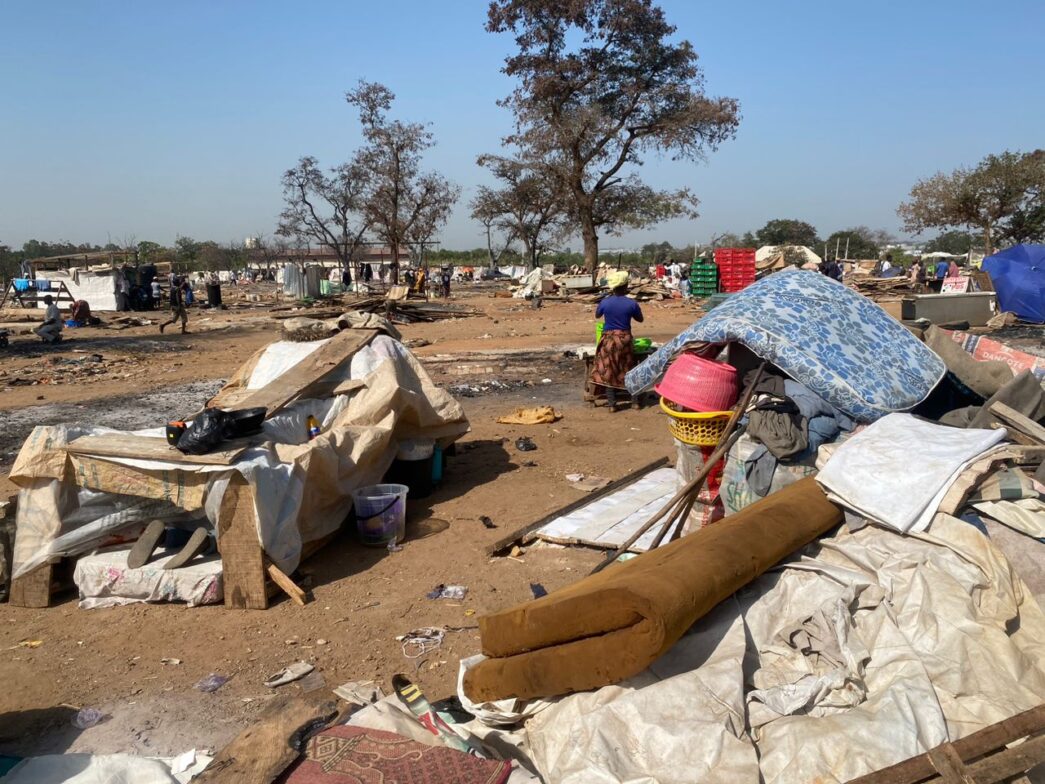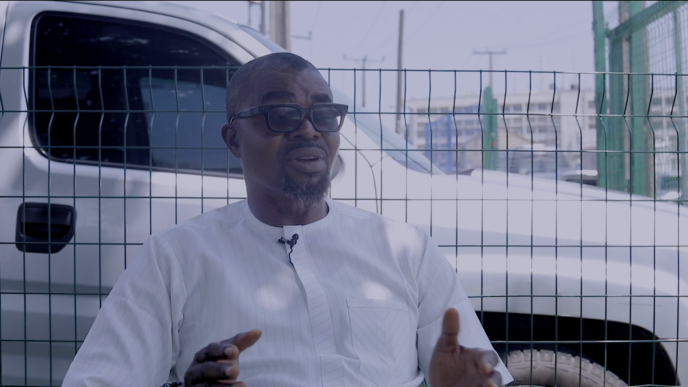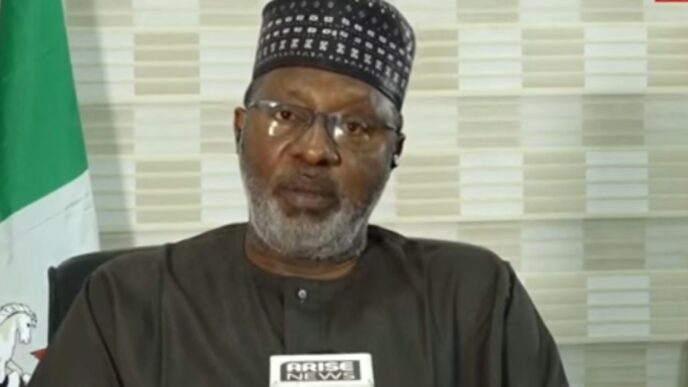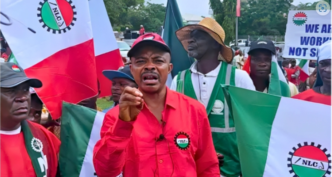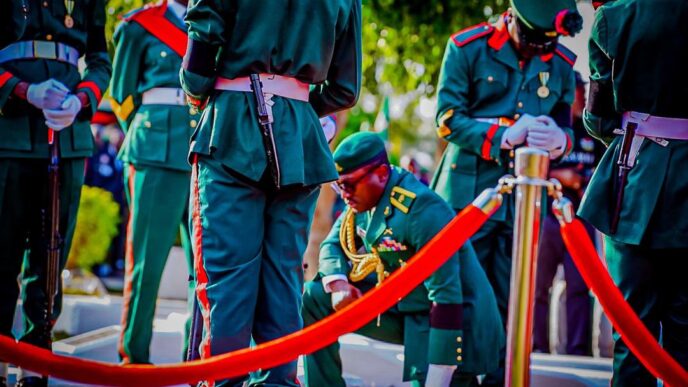For many years, residents of the Ruga settlement in the federal capital territory have experienced a recurring rebuilding cycle after demolition.
The most recent demolition — the 22nd so far — left shanties that were once homes to hundreds of occupants in complete ruins and ashes.
On November 5, the residents embarked on a demonstration against Nyesom Wike, FCT minister, over the demolition of structures.
In reaction to the protest, Wike vowed that there would be no going back on the demolition of illegal settlements across the city.
Advertisement
At the Ruga settlement just along the airport road in the FCT, Yusuf Saidu, holding his baby, stood in front of the demolished structure that was once home to his large family.
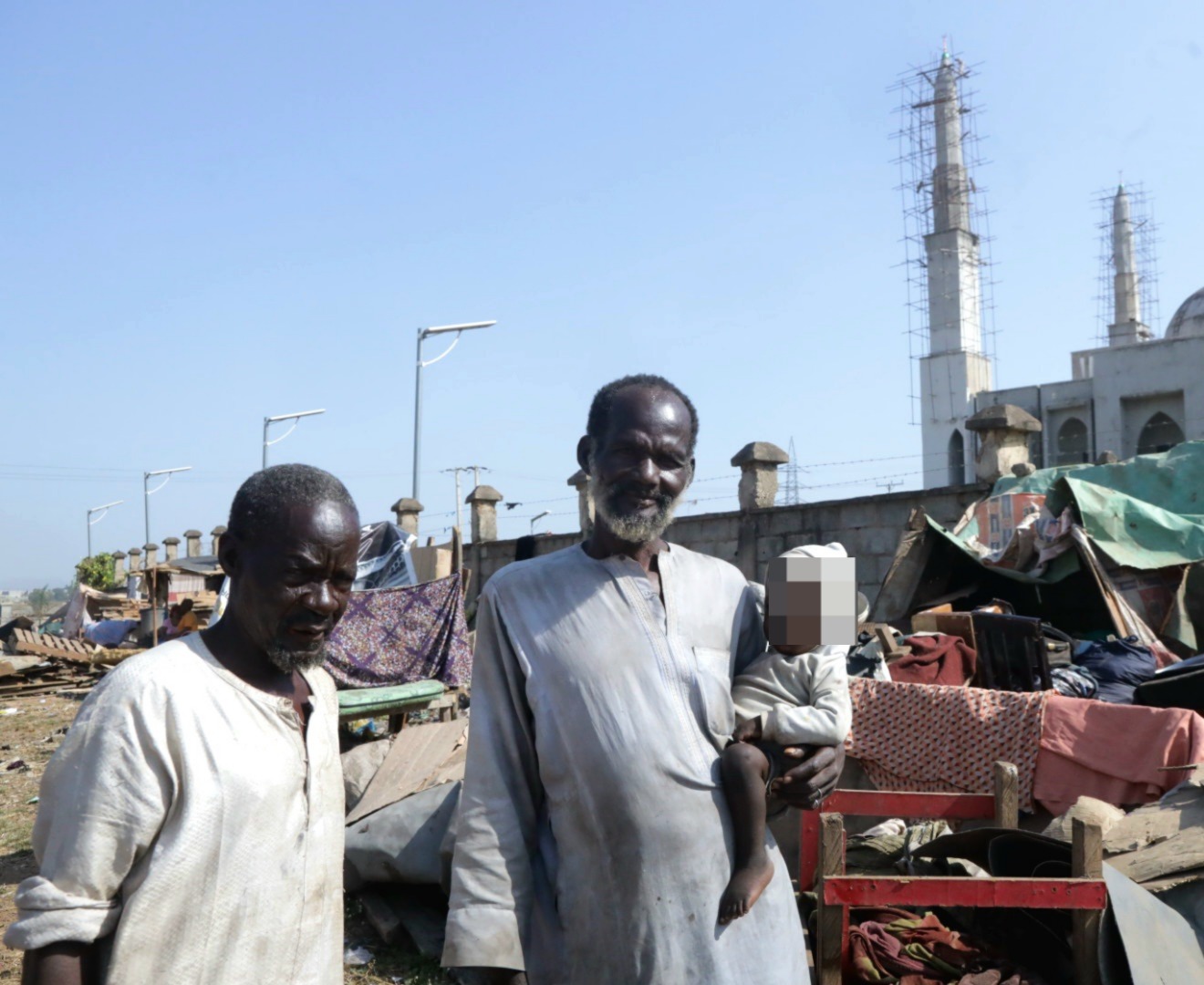
Saidu said the demolition has really put him in a difficult situation and feeding his family has now become a problem. He said his family now lives in the open air.
He appealed to the government to look into their situation and help them with relocation.
Advertisement
A short distance from Saidu were remnants of the home belonging to Nafisat Suleiman who just gave birth to her baby two weeks ago.
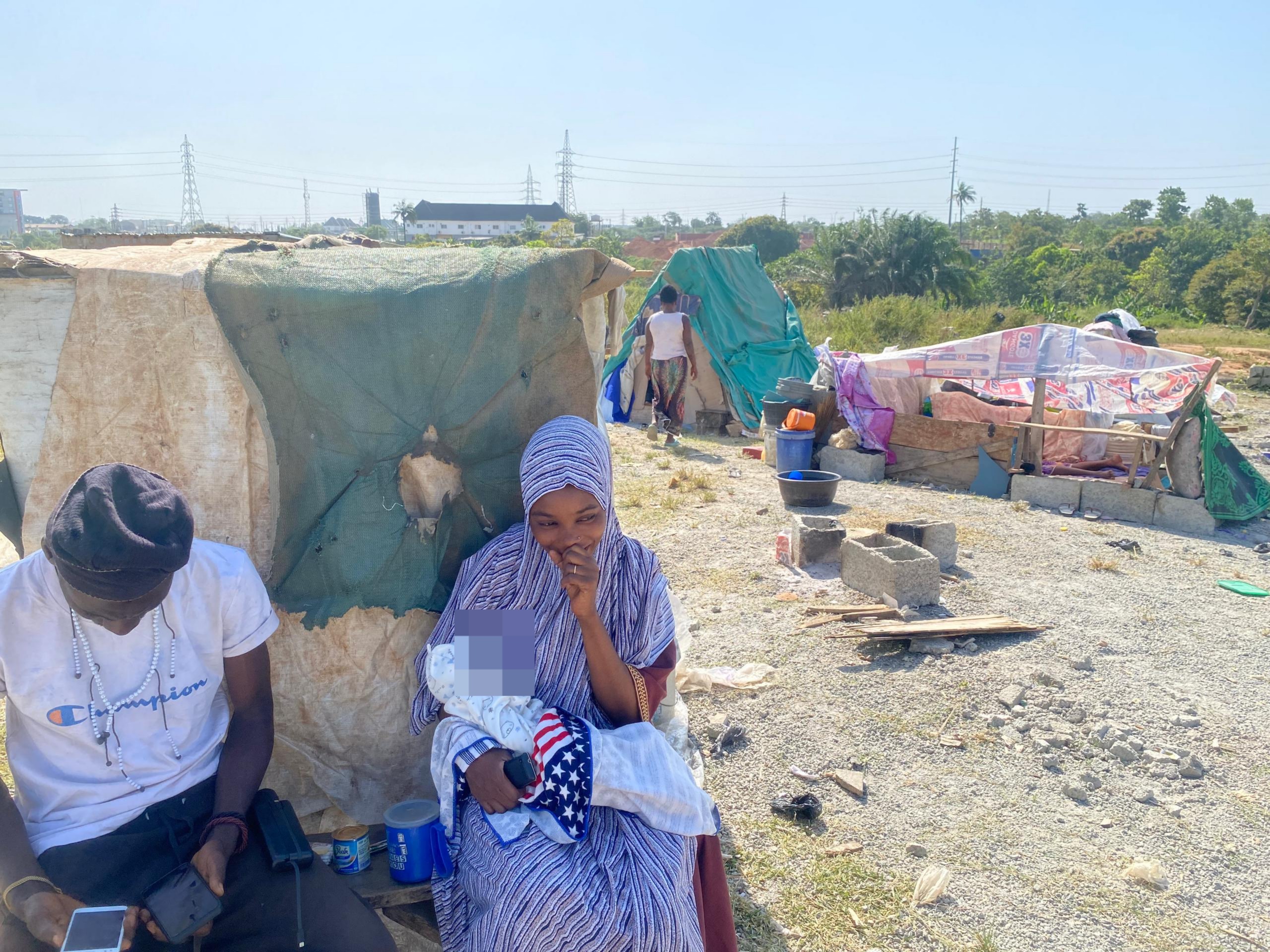
“Please, I need the government’s help. See my baby. We don’t have where to sleep,” she said.
Ibrahim Yusuf, the community’s secretary, told TheCable that during the recent demolition, the government burnt their houses, schools, markets, and places of worship.
Advertisement
He said the livelihood of many residents has been affected since most of them survive on petty businesses.
“We don’t know where we’ll be going from here. What we are strongly appealing to right now is for the government to look into our situation. We have a population of about 15,000,” he said.
“Some of us came from different parts of the country, especially places that have been terrorised like Katsina, Sokoto, Kaduna, and Maiduguri.
“If we leave this place now, we don’t know where we are going. We’re appealing to the government to come to our aid.”
Advertisement
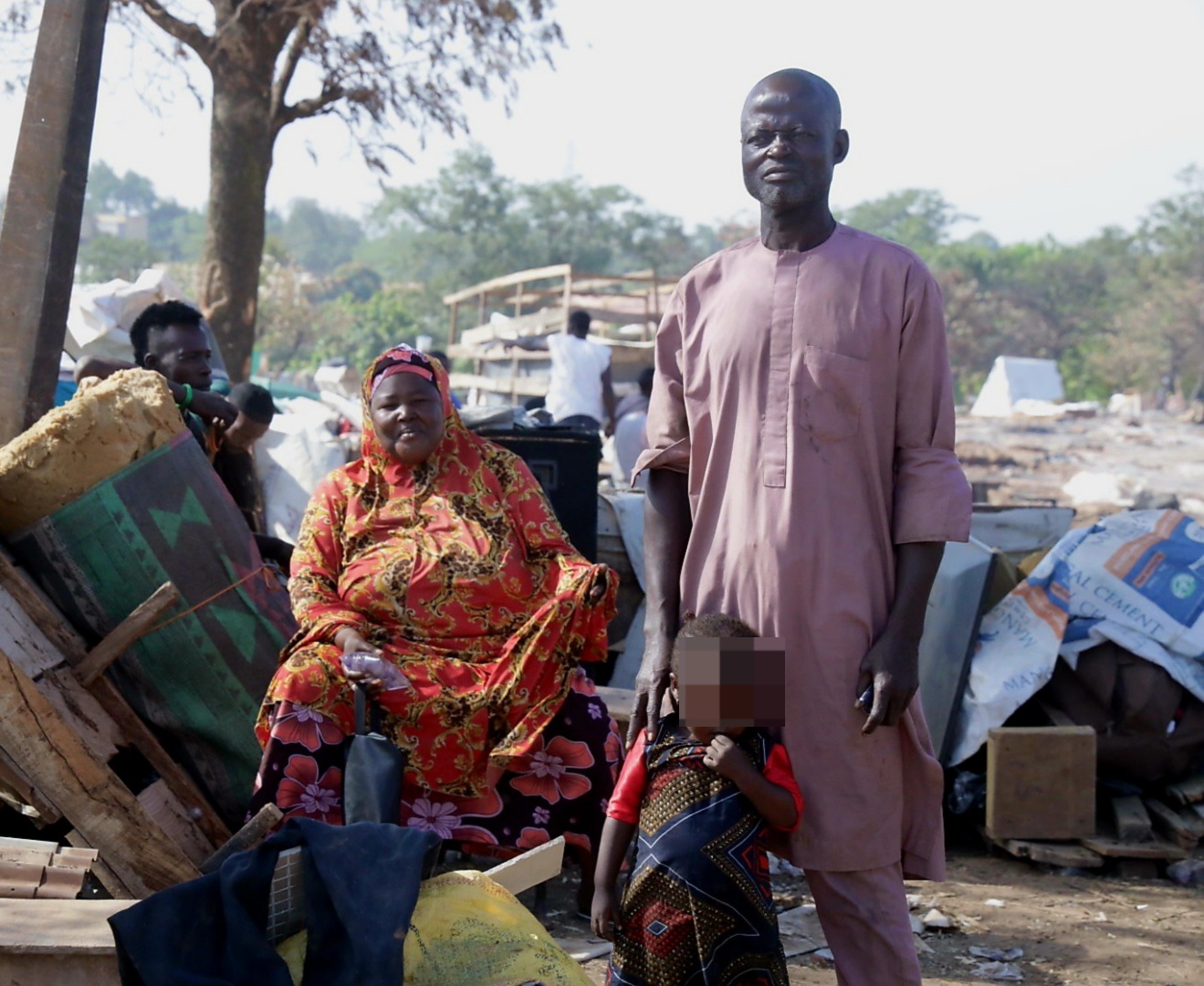
Yusuf said the residents do not claim to own the land, adding that they were not fighting the government.
He, however, called on the government to be reasonable because the residents have also contributed to the society over the years.
Advertisement
“We are ready to have any discussions. We are ready to have any dialogue with the government. We are not fighting or dragging anything with the government,” he said.
“We just want them to check very well, compensate the things that have been destroyed, and also give us resettlement. Give us a permanent place where we can go and live. We can start a new community wherever it is.
Advertisement
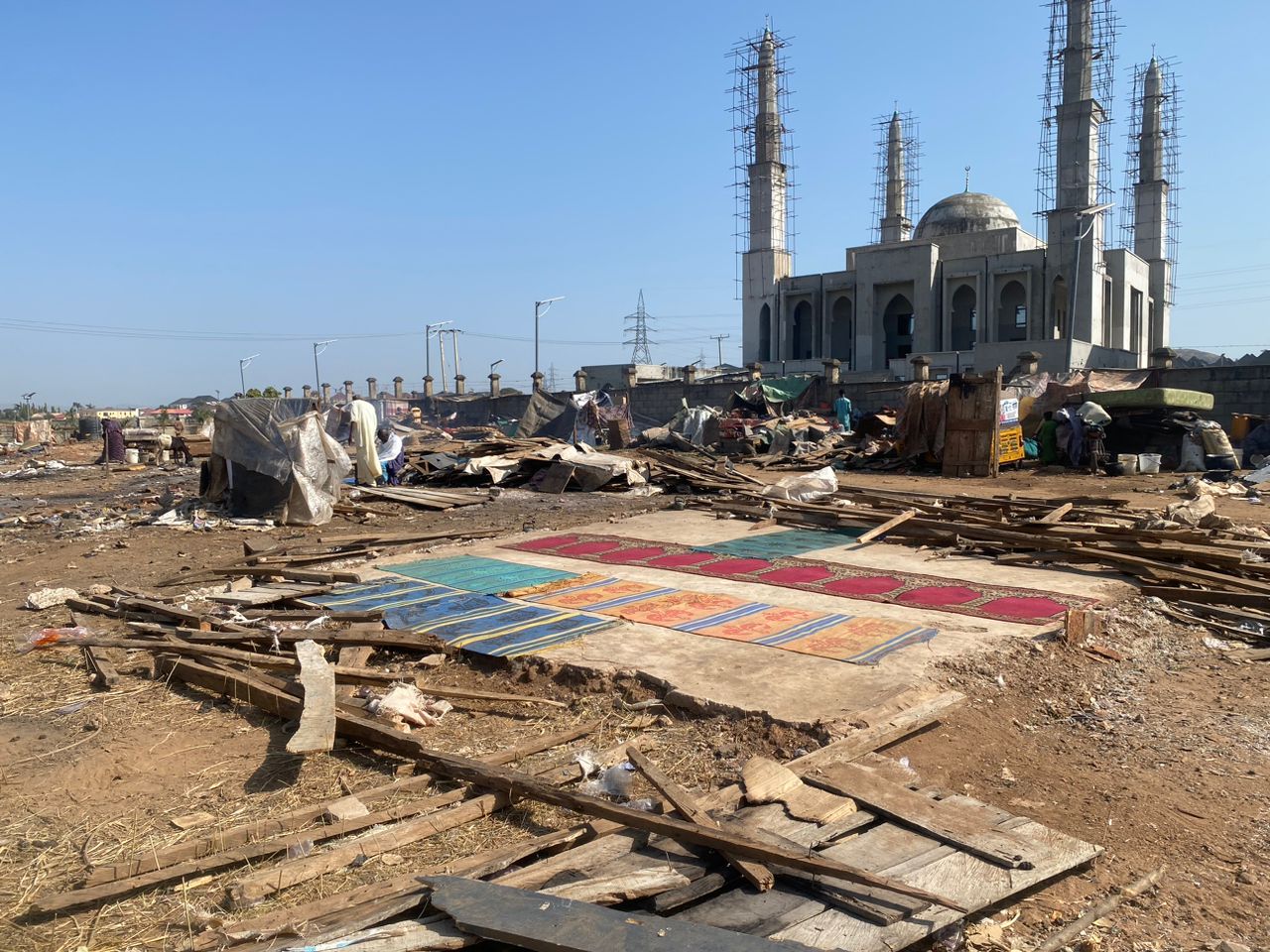
“But the government should be reasonable enough to understand our plight. Like I said, we didn’t say this place is our own. We didn’t say that.
“Looking at history, we have contributed a lot, even in terms of security. Our security vigilantes, the civilian JTF, have supported the security in fighting crimes. There is evidence to that effect.”
Advertisement
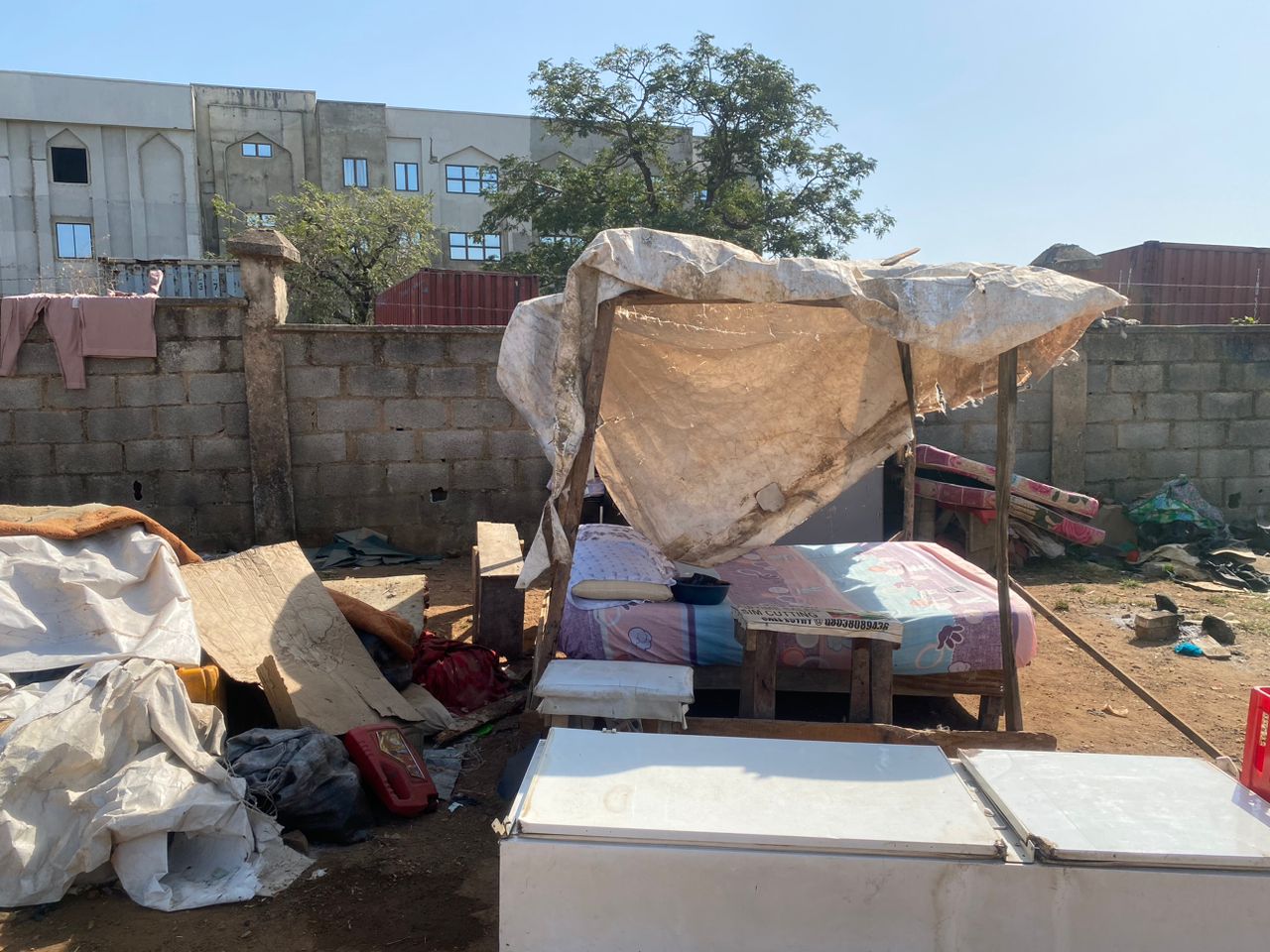
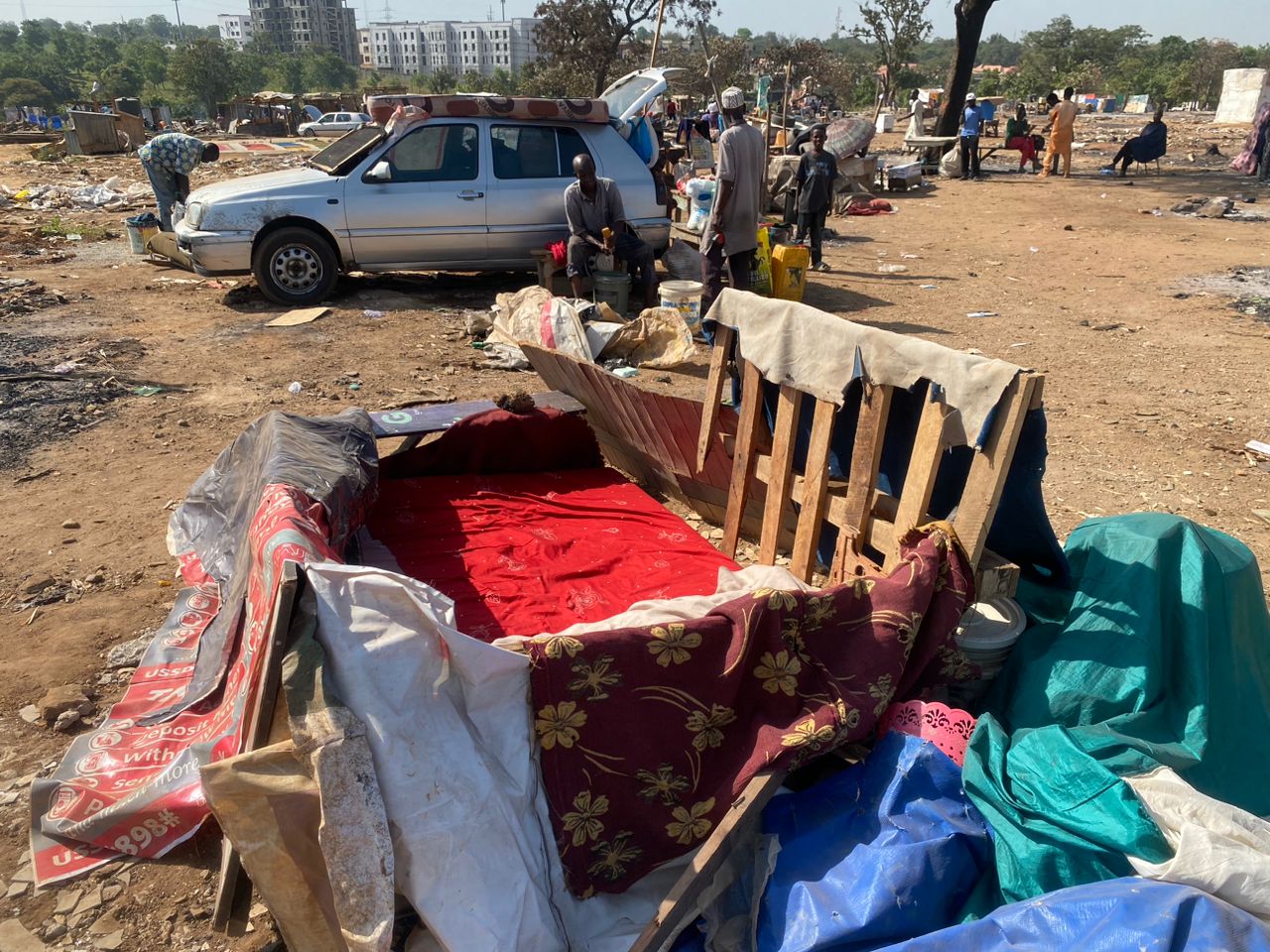
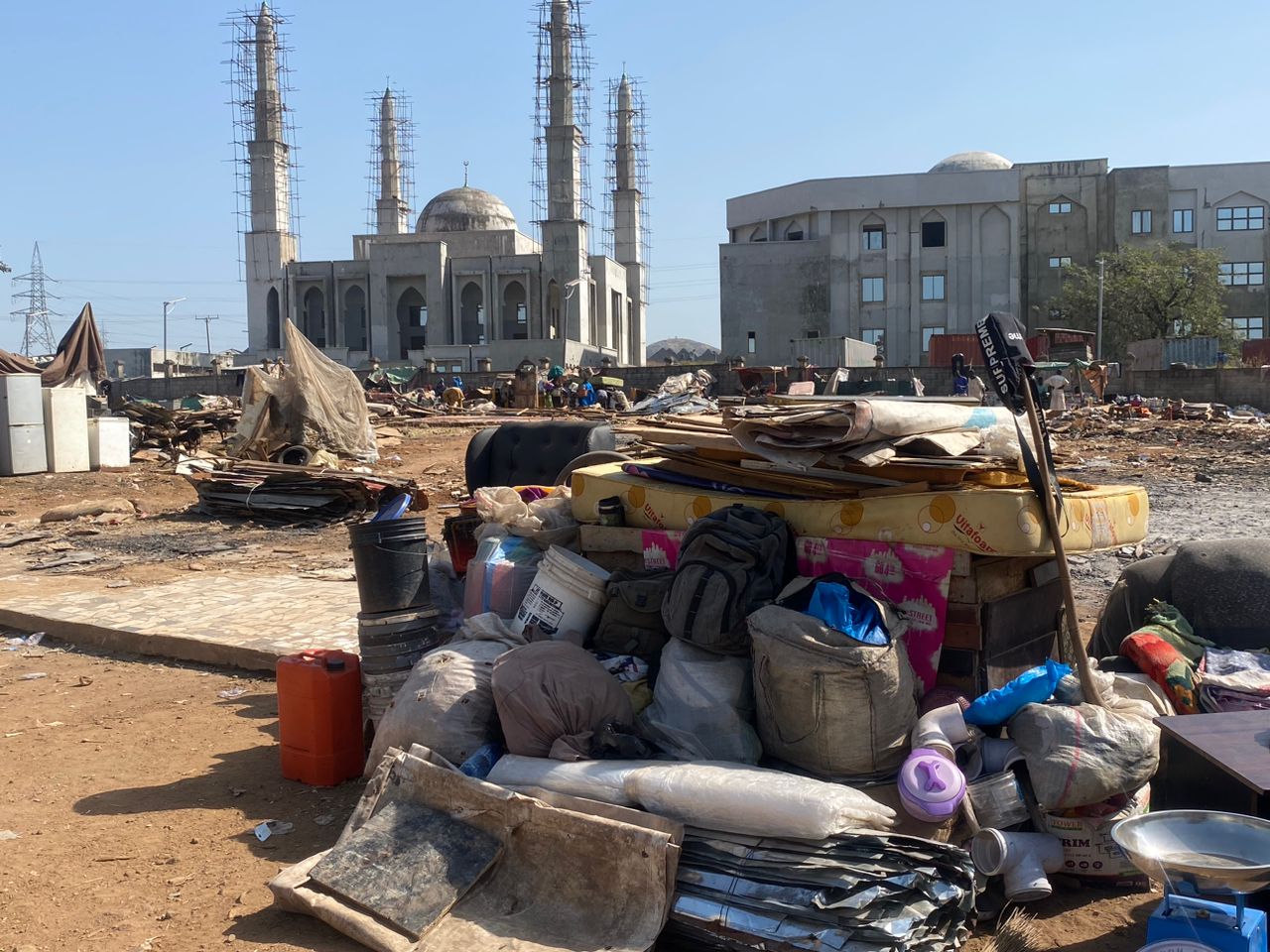
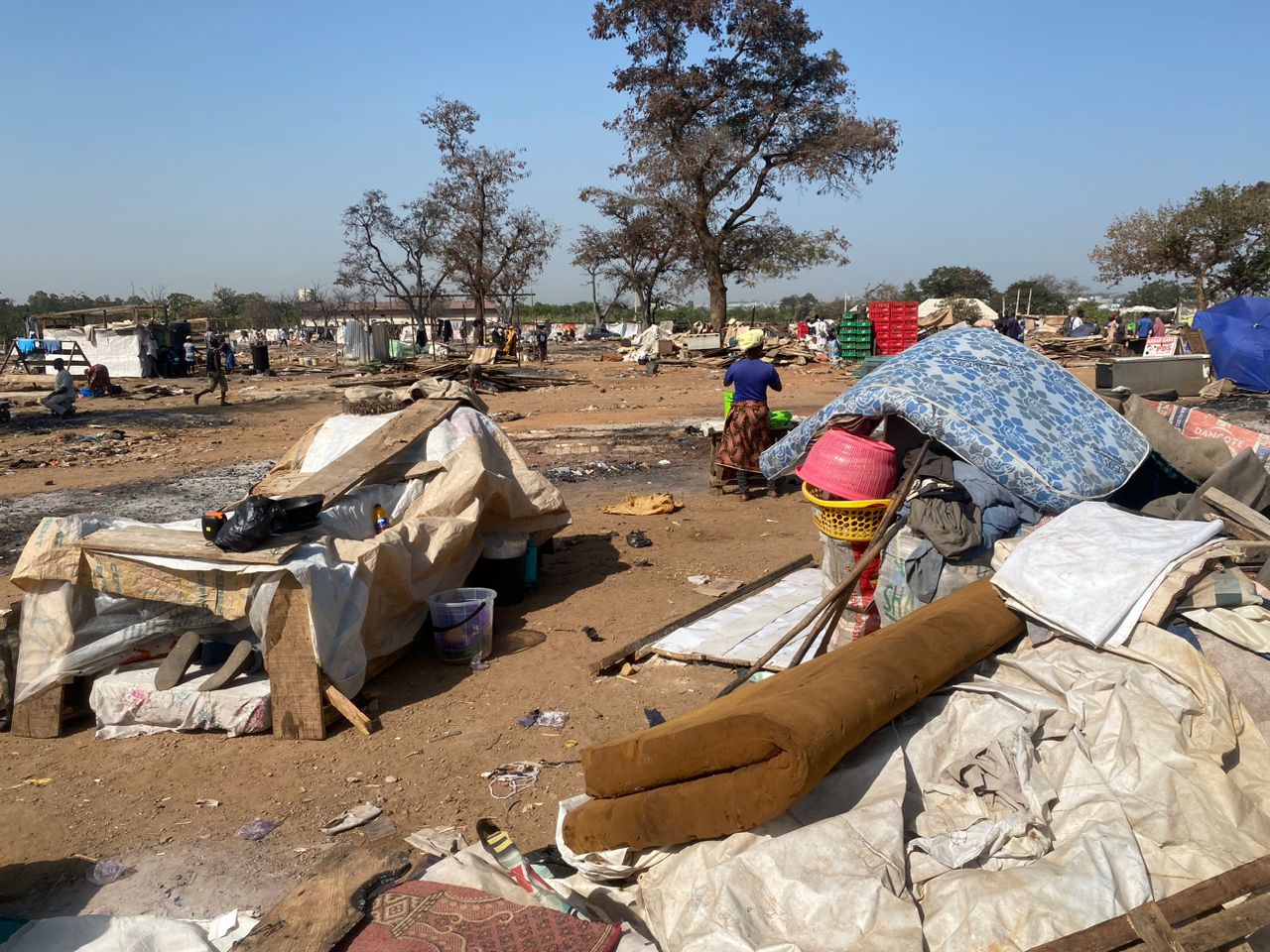
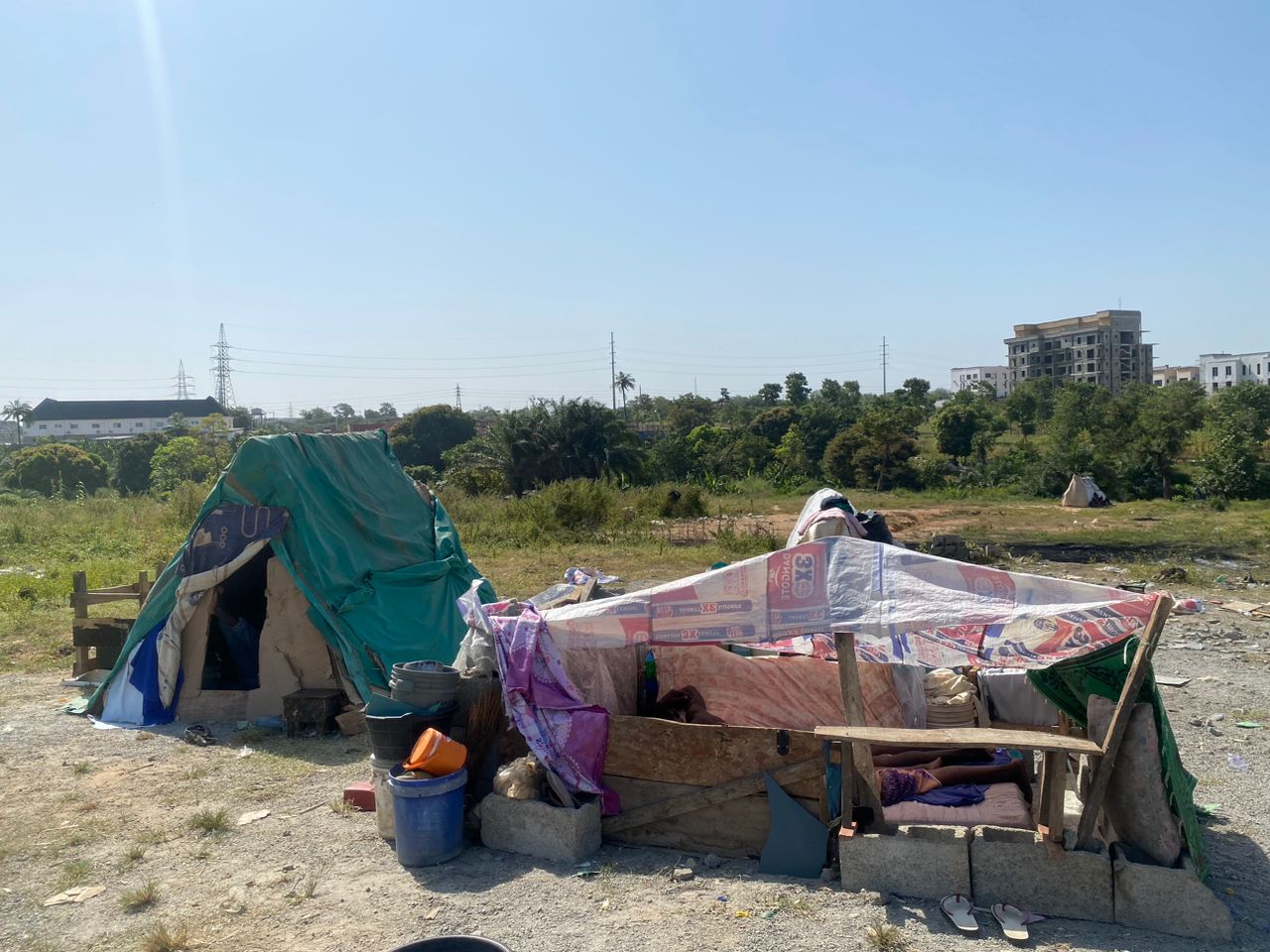
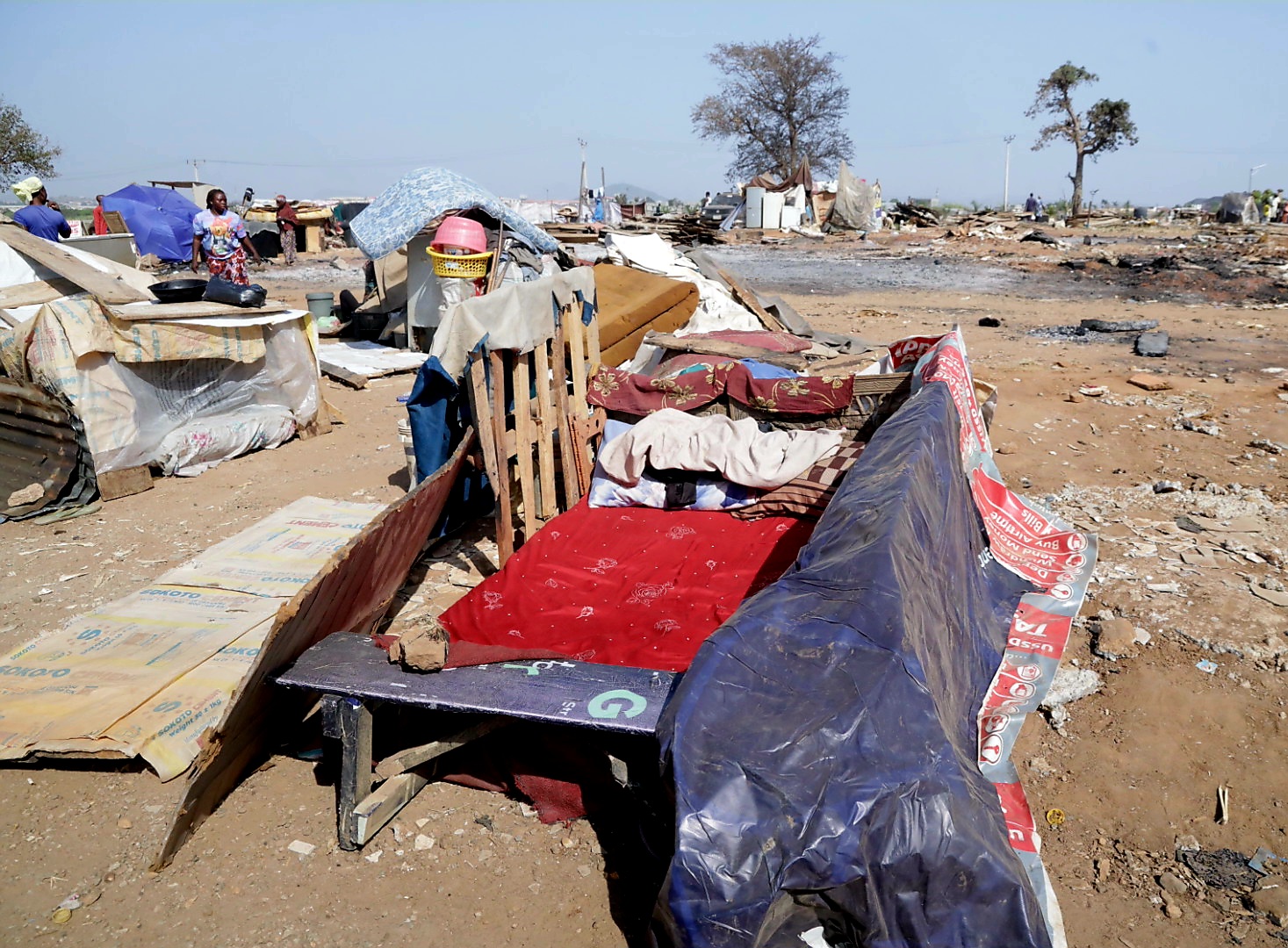
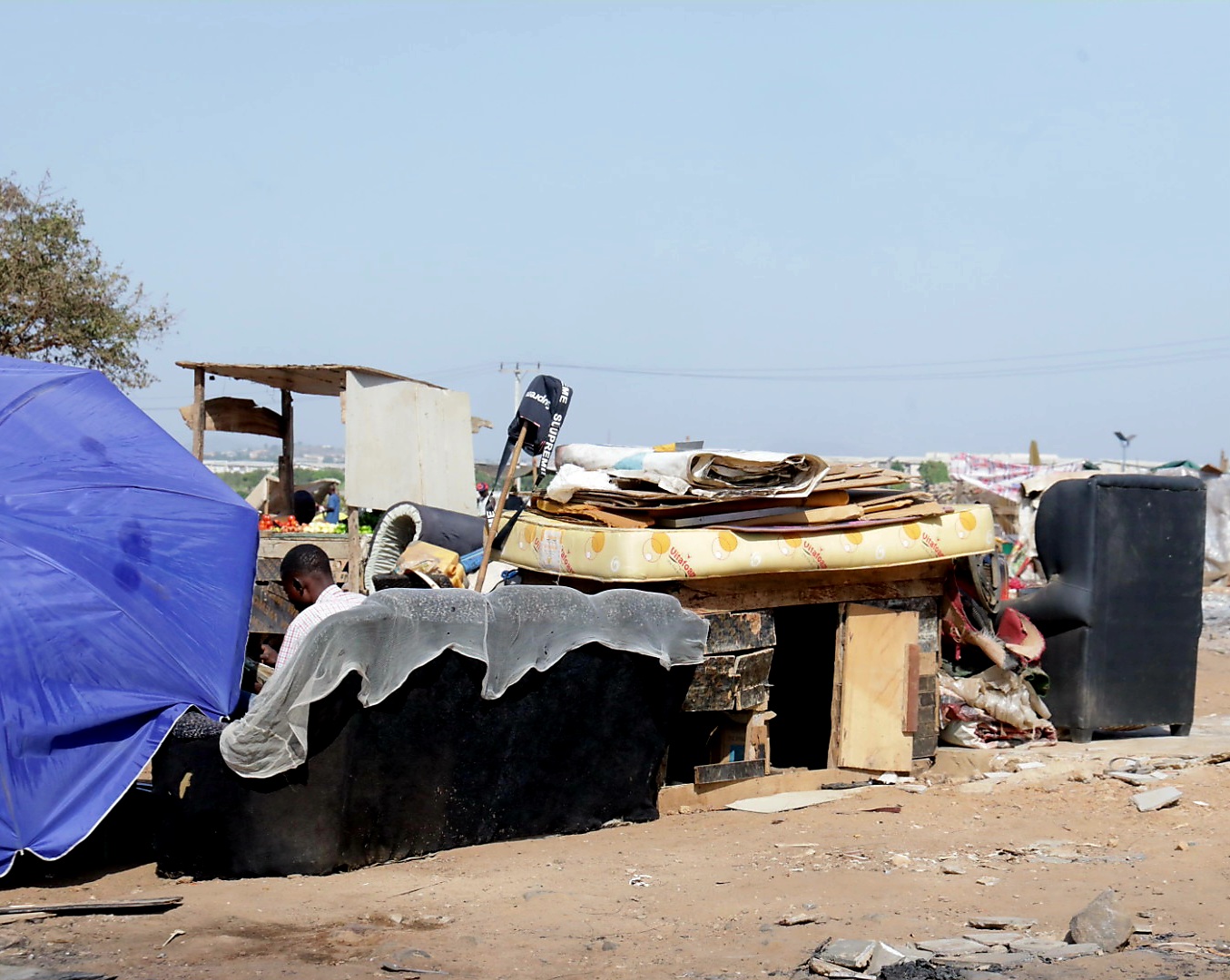
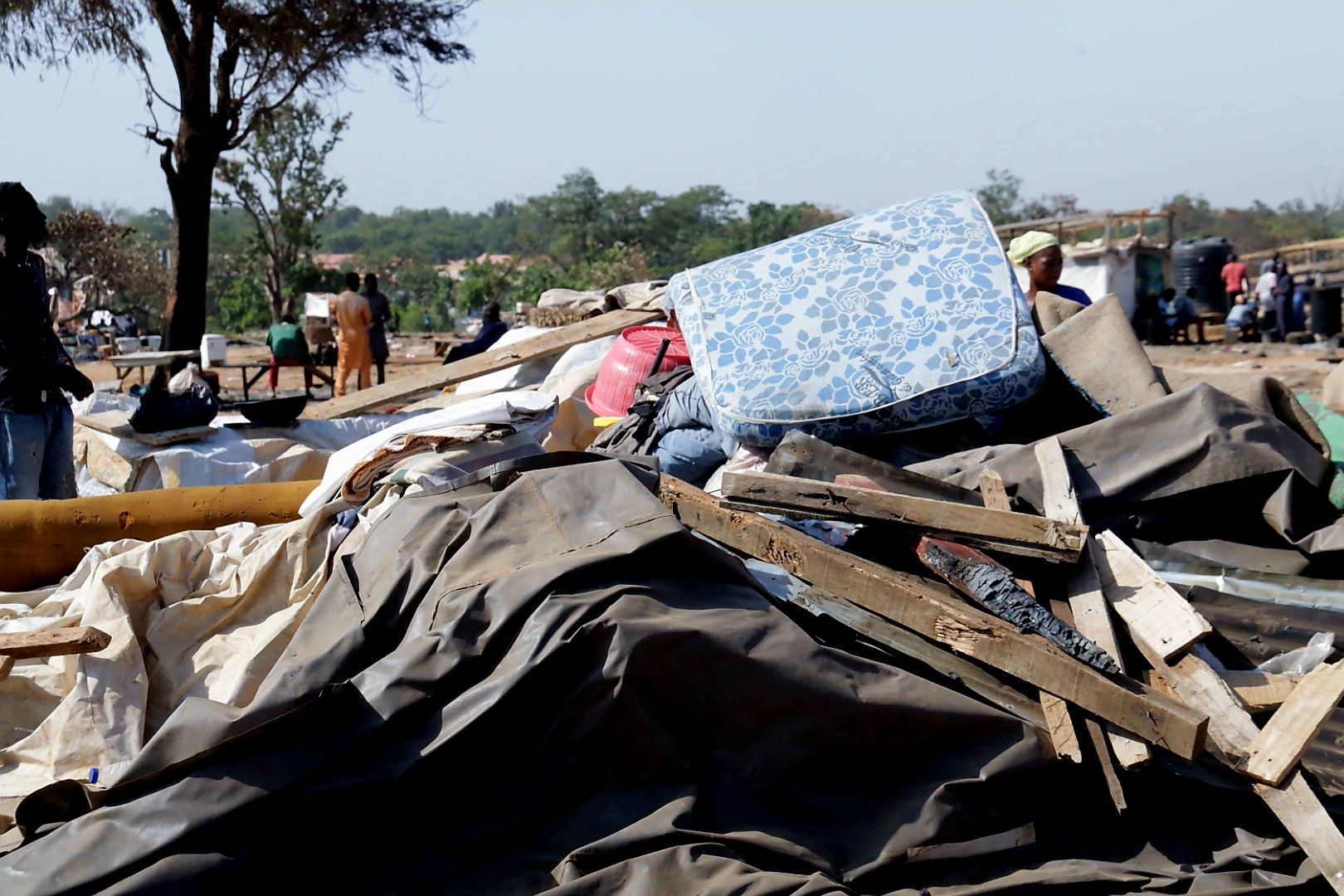
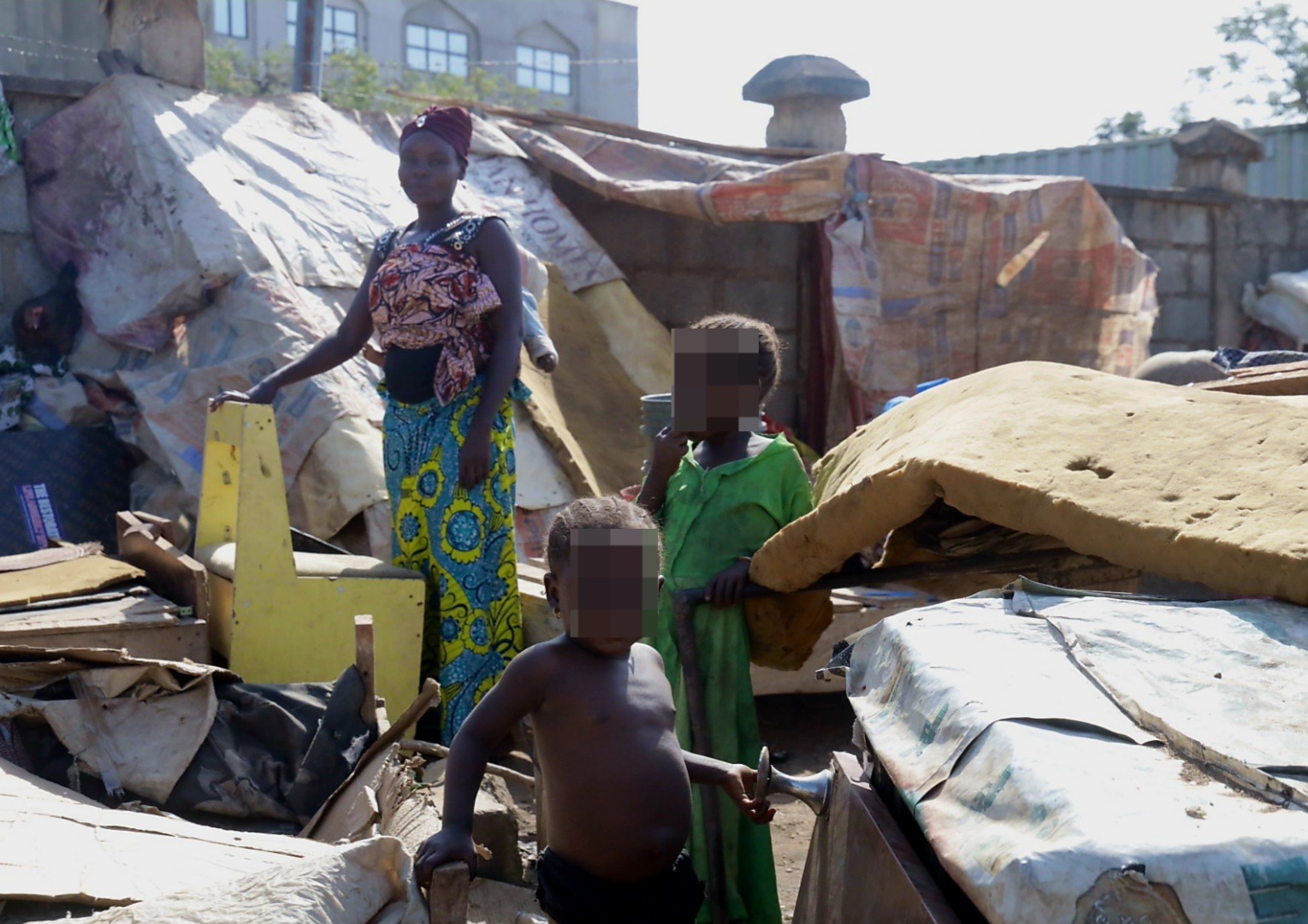
Add a comment
